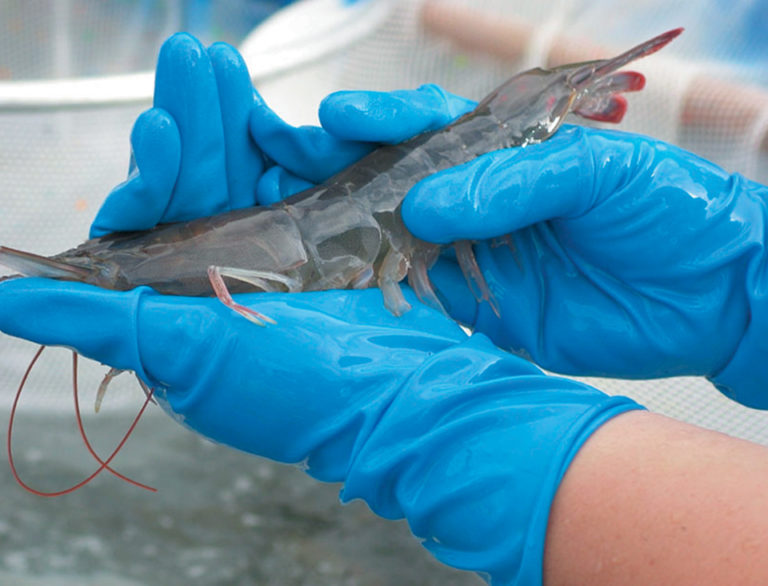
Health & Welfare
Biosecurity principles for sustainable production using SPF shrimp
Basic components of biosecurity include knowledge of diseases, adequate detection methods and the use of “clean” shrimp stocks.
Health & Welfare
In biofloc production systems, ammonia-oxidizing bacteria process ammonia to nitrite, which provides substrate for nitrite-oxidizing bacteria that process nitrite to relatively non-toxic nitrate.

Health & Welfare
Basic components of biosecurity include knowledge of diseases, adequate detection methods and the use of “clean” shrimp stocks.
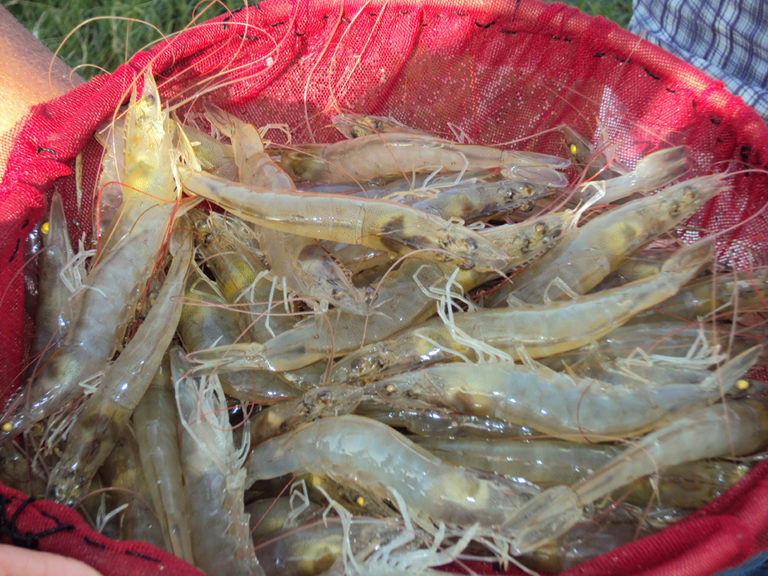
Health & Welfare
In response to Taura Syndrome Virus outbreaks, the U.S. Marine Shrimp Farming Program initiated a selective-breeding program to improve resistance in Pacific white shrimp.
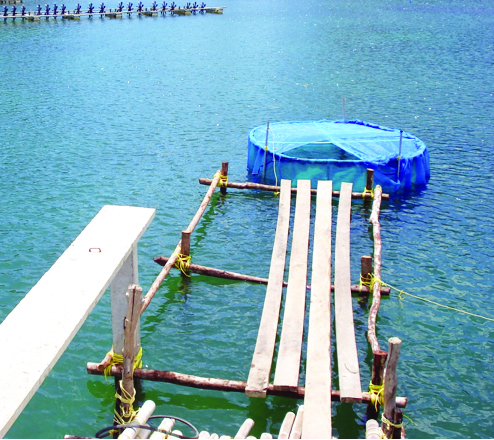
Health & Welfare
In research involving white shrimp siblings raised in ponds in Thailand and in raceways in Hawaii, shrimp growth can be improved after one generation of selection, even with a modest investment.
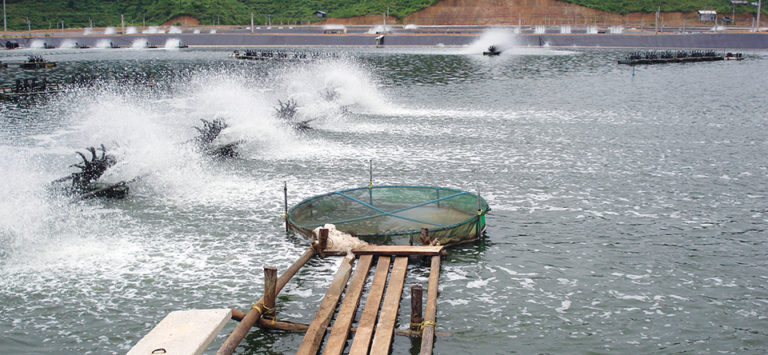
Intelligence
As economic benefits of selective penaeid shrimp breeding become more compelling, the shrimp industry will invest in breeding programs to produce genetically superior stocks.
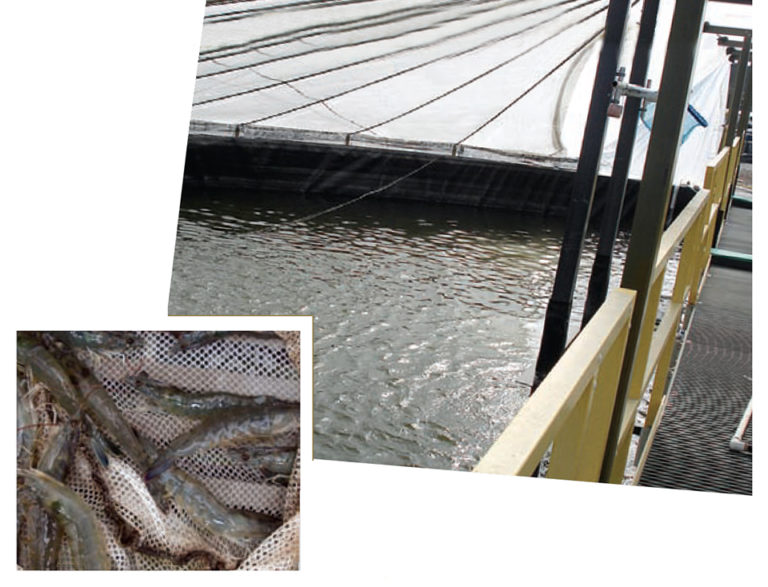
Health & Welfare
A super-intensive, commercial-scale RAS trial with Pacific white shrimp at Oceanic Institute achieved record production at a low cost and with low stocking densities.
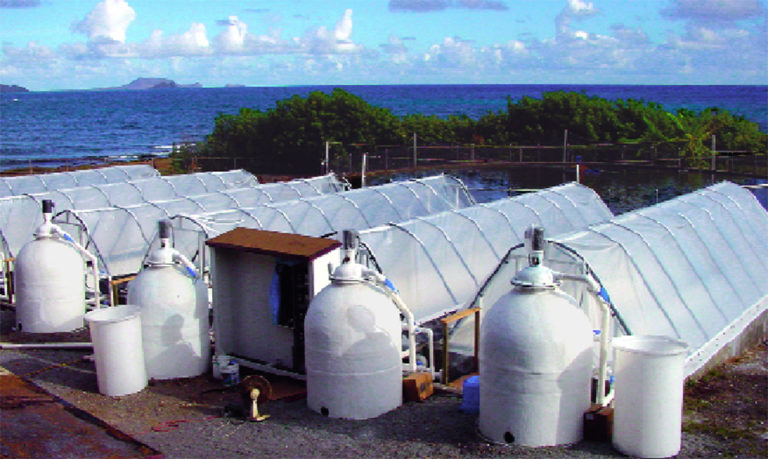
Health & Welfare
Results from two studies at Oceanic Institute indicated that shrimp behavior may compromise growth at super-intensive stocking densities.
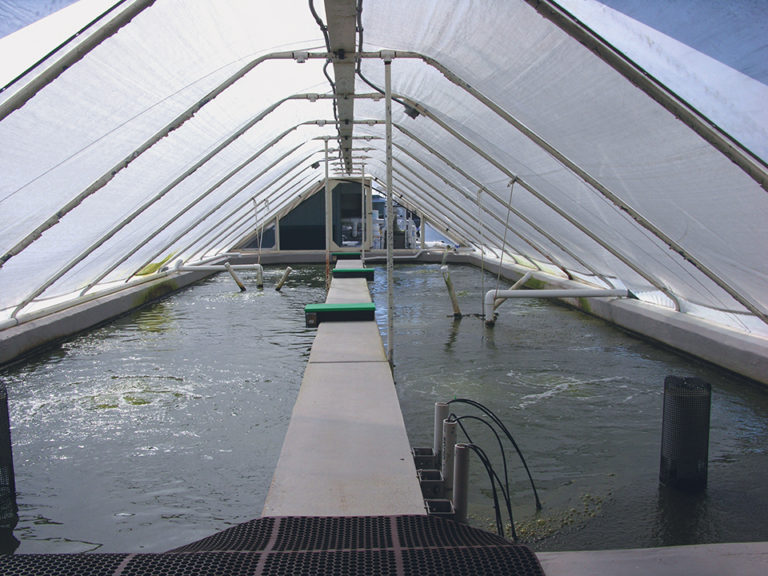
Health & Welfare
A super-intensive RAS grow-out trial produced 5.7 kg of shrimp per square meter in 14 weeks using minimal water volume and only 0.34 percent daily water exchange.
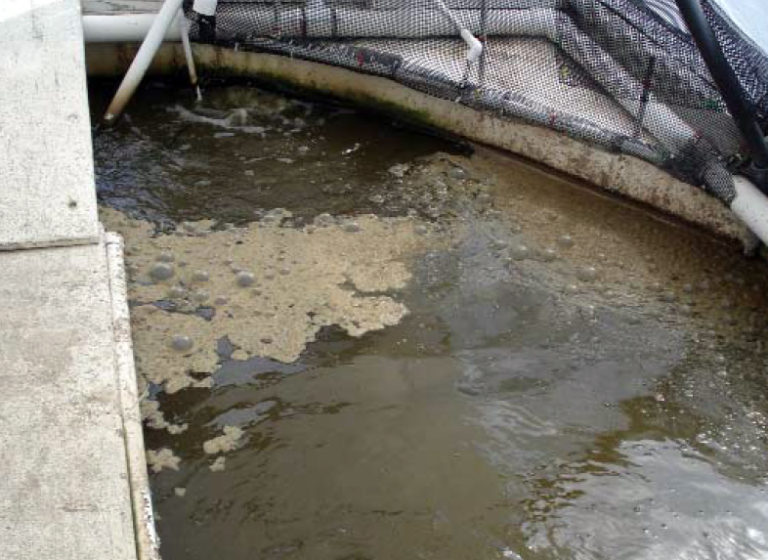
Responsibility
Microbes facilitate high-intensity recirculating aquaculture systems. Research indicates that the microbial community changes throughout grow-out.
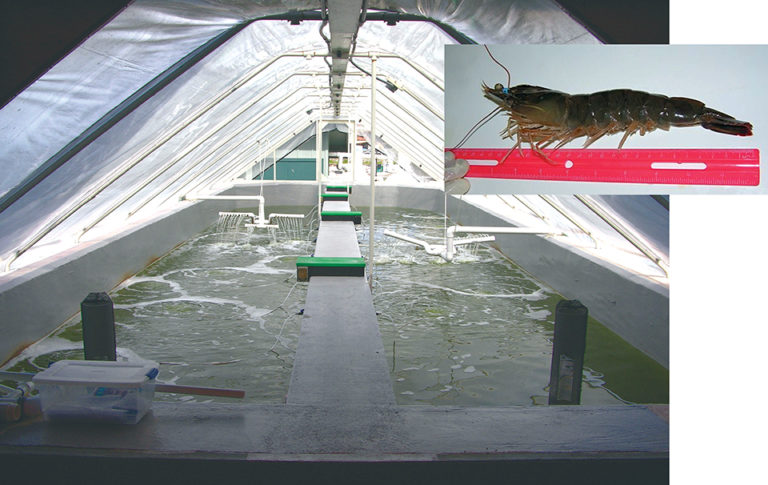
Health & Welfare
Shrimp breeders often protect their genetic investment by selling broodstock that will accumulate increasing levels of inbreeding in successive generations.
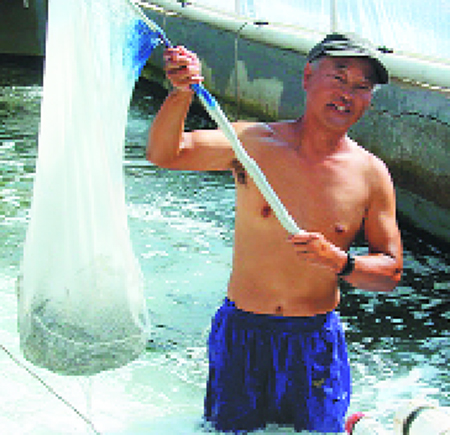
Intelligence
Research at the Oceanic Institute found that white shrimp grown in a raceway at high density could reach 34-grams in 155 days with minimal water use.
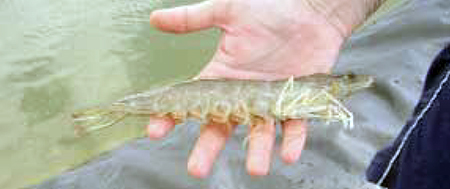
Health & Welfare
Kona line reference shrimp contribute to research by providing test stocks that are consistently and predictably susceptible to Taura Syndrome Virus.
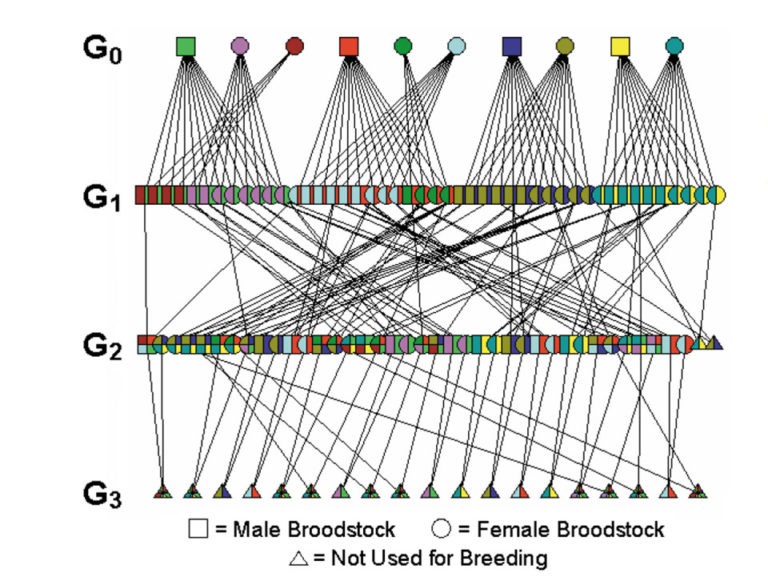
Health & Welfare
Inbreeding depression, the loss of vigor among offspring when related individuals mate, can occur when intense selection is coupled with a narrow genetic base.
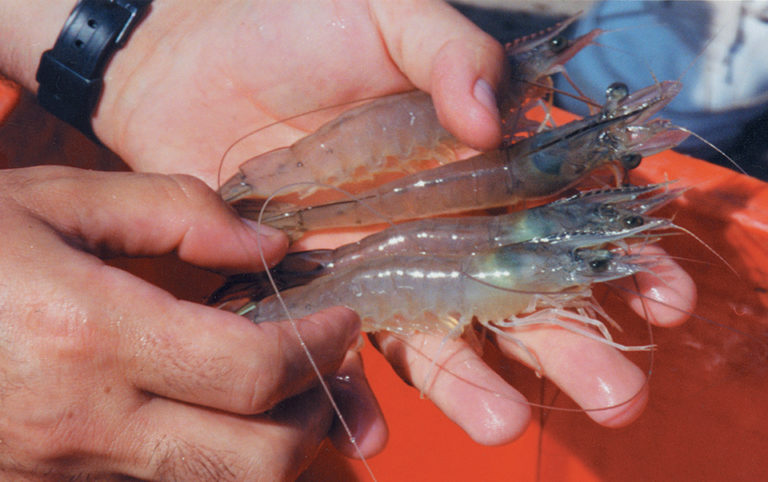
Health & Welfare
Specific pathogen-free status depends on the presence or absence of specific pathogens. This status depends on the level of biosecurity for the shrimp.
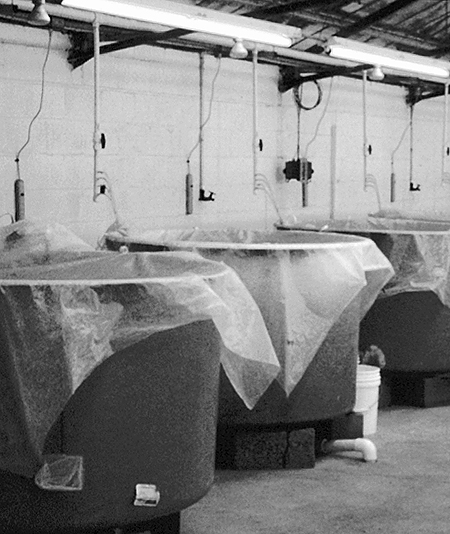
Health & Welfare
A 14-day study evaluated mortalities related to TSV exposure, as broodstock resistant to an “old” strain succumbed to a “new” Belize strain of the virus.
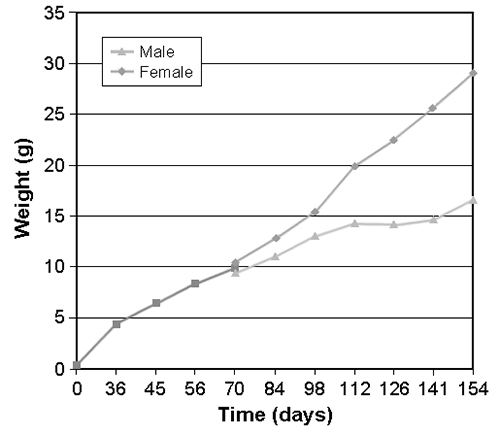
Health & Welfare
In a recent effort to produce specific pathogen-free (SPF) stocks of the fleshy prawn, researchers from two U.S. institutions collaborated.